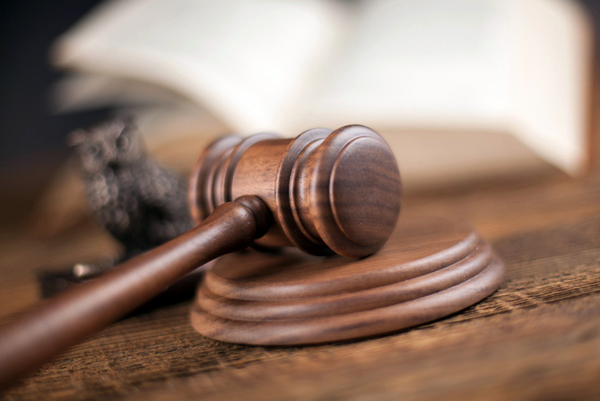- La Feria Community Holds Succesful Business Mixer Event
- Little Nashville to Take Place in Downtown Mercedes
- Lions Basketball Captures District Gold
- La Feria ISD Students Compete in Regional Chess Tournament
- Lions End First Half of 32-4A on a High Note
- La Feria ISD Held Another Successful Parent Conference
- Strong Appearance for Lions at Hidalgo Power Meet
- LFECHS Students Get to Meet Local Actress
- Students Participate in Marine Biology Camp
- Two LFECHS Students Qualify for All-State Band
Plaintiffs Pursue Texas Voter ID Case Despite DOJ Absence
- Updated: March 17, 2017

A coalition of legal and civil-rights groups will continue a court fight against the Texas Voter ID Law, despite the Department of Justice dropping its support for the case. Photo: Pietruzka/iStockphoto
by Mark Richardson
CORPUS CHRISTI, Texas – The U.S. Department of Justice, now under the Trump administration, has informed a federal judge that it will no longer support plaintiffs in their case challenging the Texas Voter ID Law.
The plaintiffs, a coalition of legal and civil-rights groups, seek to prove that Texas officials intentionally discriminated against and suppressed minority voters by passing the law, considered one of the strictest of its kind.
Danielle Lang, the deputy director for voting rights with the Campaign Legal Center, a member of the plaintiffs’ legal team, says they intend to win the case, even without federal help.
“It’s very disappointing to see the Department of Justice reverse course after so many years,” she said. “That being said, the private plaintiffs are entitled to move forward with the case and have every intention of doing so.”
A federal appeals court ruled last year that the law, passed in 2011, discriminated against Hispanic and African-American voters, but sent the case back to the lower court to settle the issue of intent. Only five forms of I.D. were allowed under the law, all of which cost voters a fee. Texas officials say the law was passed to deter voter fraud.
Lang said if her coalition wins the case, Texas could again be forced to seek federal approval before it makes any changes to its voting laws or procedures. The case is being heard by federal District Judge Nelva Gonzales Ramos of Corpus Christi.
“The issue of intent has been submitted to her by the plaintiffs and we expect her to rule on that issue in the coming months,” she added. “The court has the authority to enforce her order and so it does not rely on the Department of Justice to enforce those orders.”
In addition to the Campaign Legal Center, other plaintiffs in the case include the NAACP, the Mexican American Legal Defense Fund and the Lawyers’ Committee for Civil Rights Under Law.


